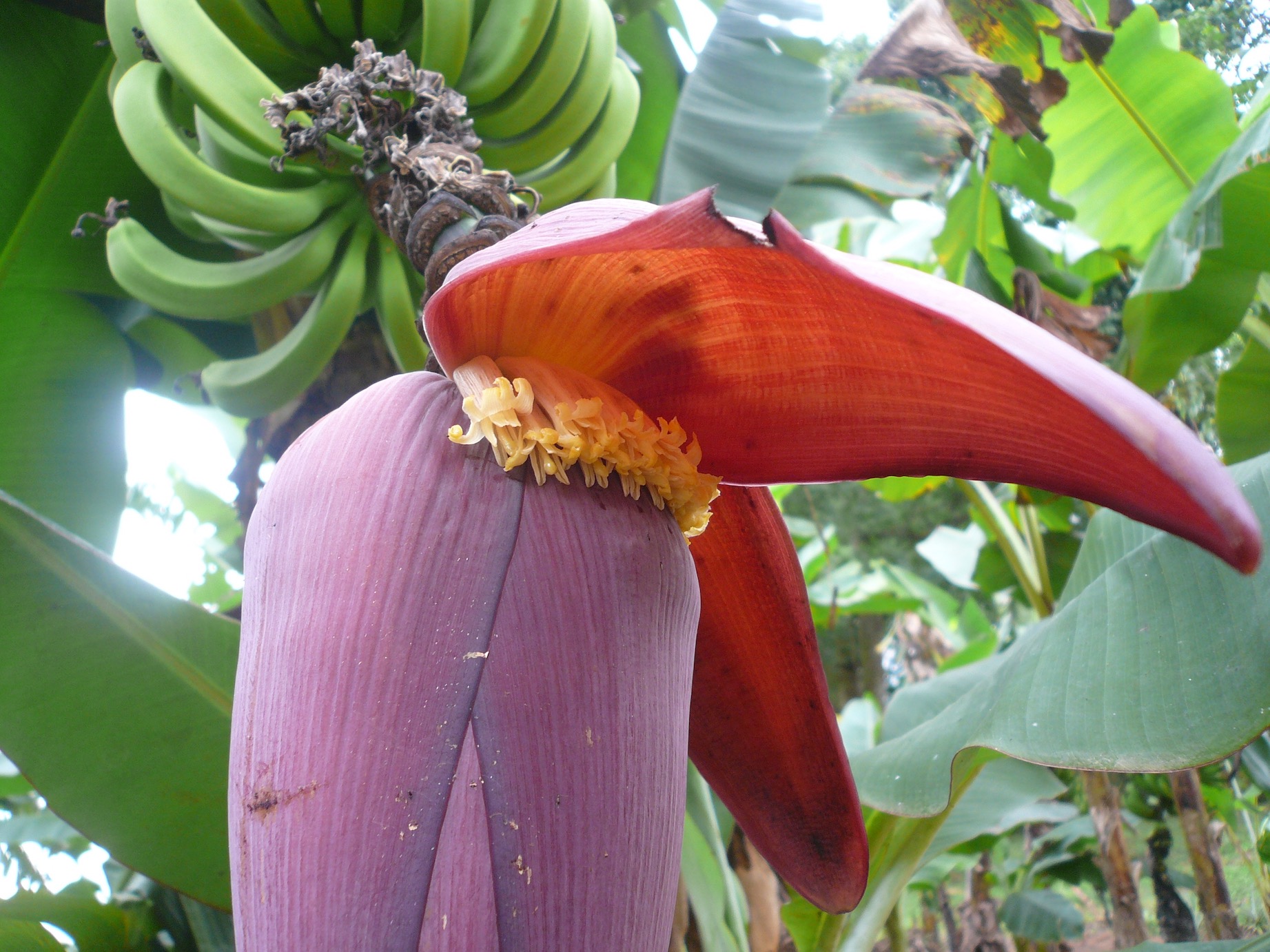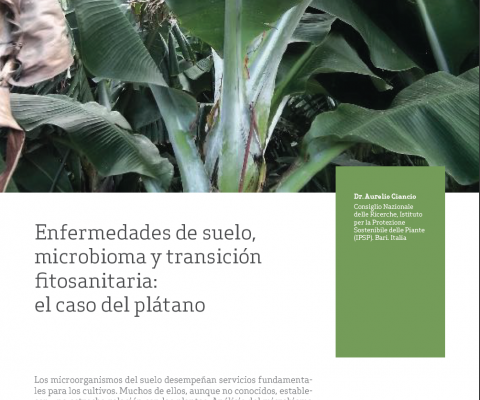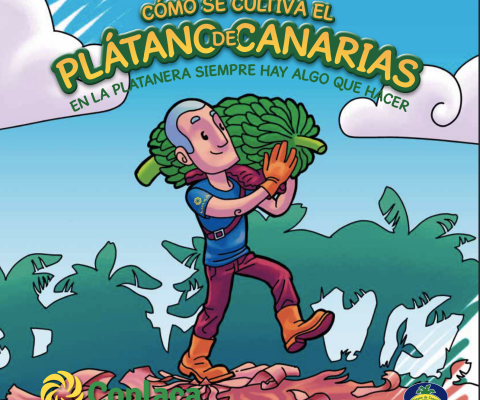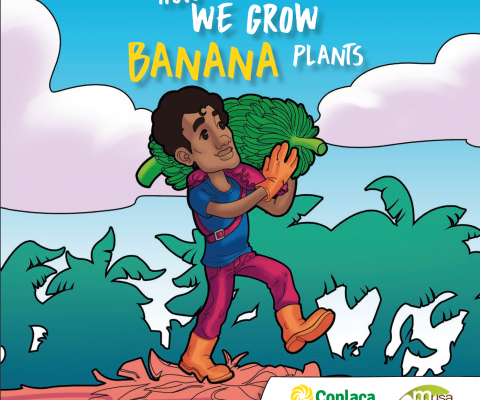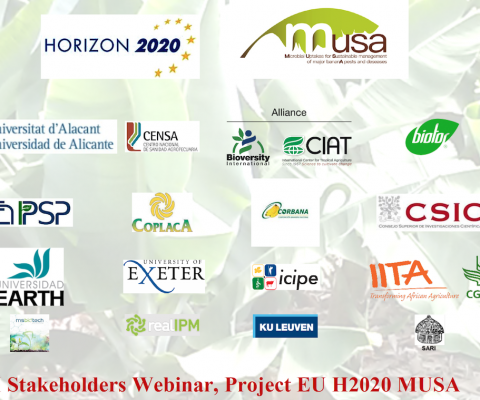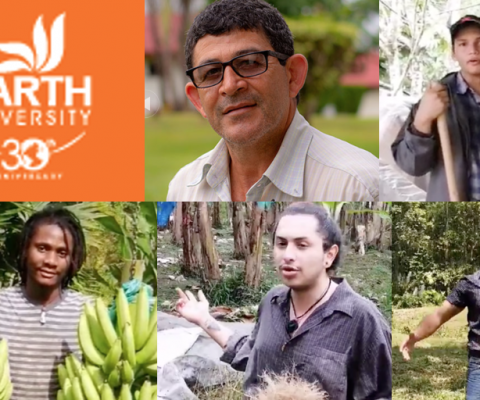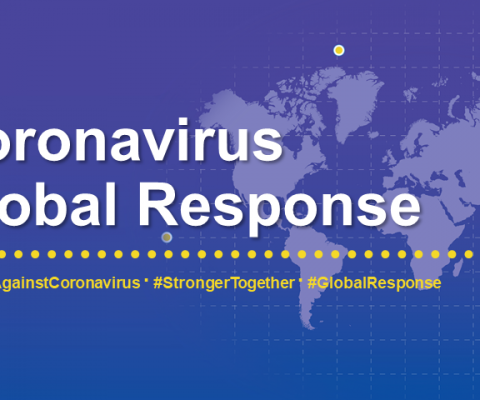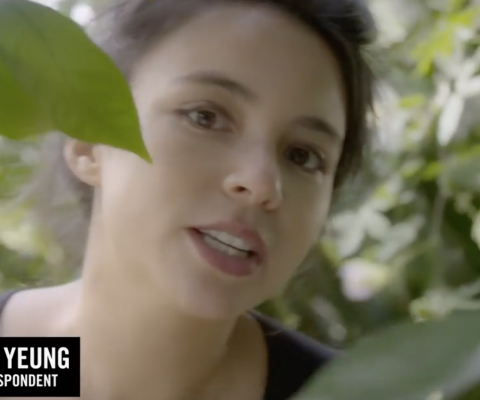This innovative MUSA project will holistically encompass novel Integrated Pest Management (IPM) methods based on microbial consortia and available banana (Musa spp.) and enset (Ensete ventricosum) germplasm, including newly developed elite hybrids. The Consortium will additionally study phenotypic and molecular reactions by the plants to various biotic stresses. Across tropical and sub-tropical systems, pests and diseases annually result in the loss of banana production of billion €, significantly affecting the food security of millions of small holder growers, as well as income to both small holders and commercial growers alike. Plant parasitic nematodes (PPN), Panama disease (PD, Fusarium oxysporum f. sp. cubense) and the banana weevils (BW) are major threats to crops in Canary Islands, Caribbean and Africa.
Home
This innovative MUSA project will holistically encompass novel Integrated Pest Management (IPM) methods based on microbial consortia and available banana (Musa spp.) and enset (Ensete ventricosum) germplasm, including newly developed elite hybrids. The Consortium will additionally study phenotypic and molecular reactions by the plants to various biotic stresses. Across tropical and sub-tropical systems, pests and diseases annually result in the loss of banana production of billion €, significantly affecting the food security of millions of small holder growers, as well as income to both small holders and commercial growers alike. Plant parasitic nematodes (PPN), Panama disease (PD, Fusarium oxysporum f. sp. cubense) and the banana weevils (BW) are major threats to crops in Canary Islands, Caribbean and Africa.


